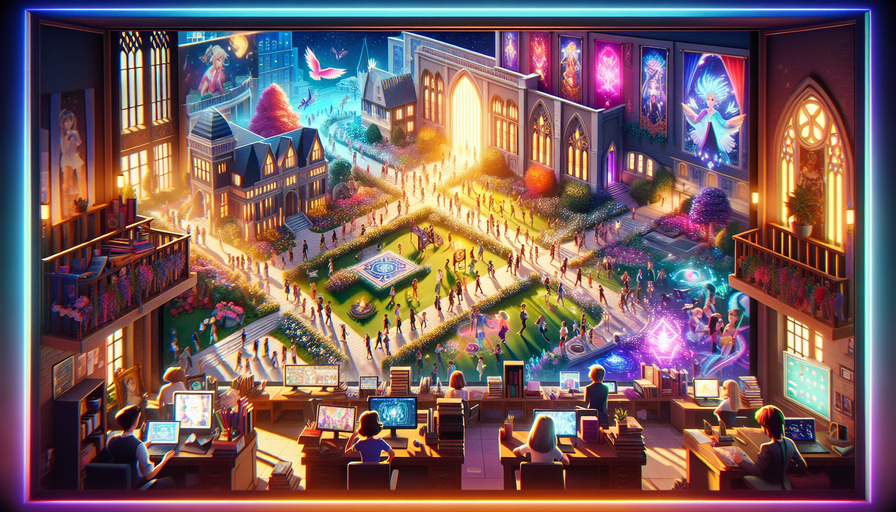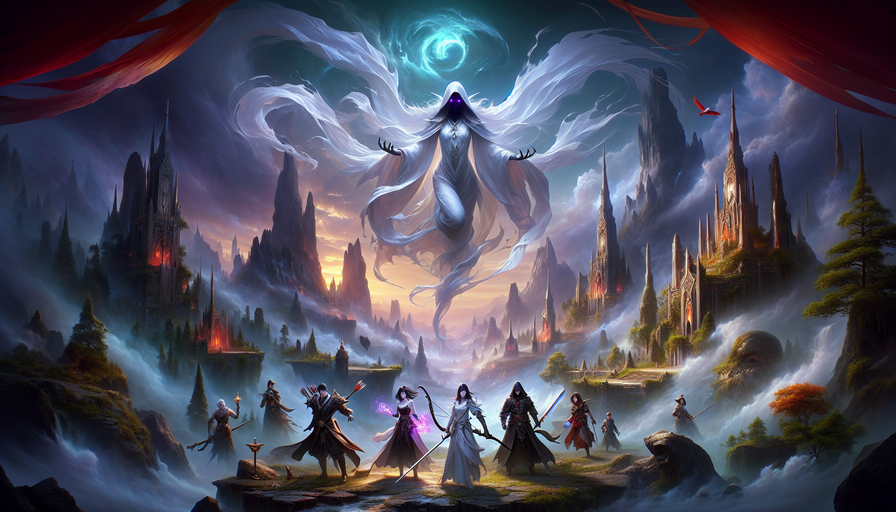Civilization games have been a staple in the gaming industry for decades, captivating players with their strategic depth and immersive gameplay. From the early days of board games to the modern era of digital realms, these games have evolved significantly, offering players new challenges and experiences along the way.
The Birth of Civilization Games
The concept of civilization games can be traced back to the early 1980s when legendary game designer Sid Meier created the first installment of what would become the iconic “Civilization” series. Released in 1991, “Sid Meier’s Civilization” allowed players to build and manage their own civilization from the ground up, guiding it through various eras of human history.
Board Games: The Foundation of Civilization Gaming
Before the advent of digital technology, civilization games primarily existed in the form of board games. Titles like “Settlers of Catan” and “Through the Ages” challenged players to build thriving civilizations through resource management, diplomacy, and warfare. These board games laid the foundation for what would later become a flourishing genre in the world of video games.
The Rise of Digital Realms
With advancements in technology, civilization games made a seamless transition into the digital realm. The introduction of 3D graphics, complex AI systems, and online multiplayer capabilities brought a new level of immersion to the genre. Titles like “Civilization VI” and “Age of Empires III” pushed boundaries and set new standards for what civilization games could achieve.
Strategic Depth and Immersive Gameplay
One of the key appeals of civilization games lies in their strategic depth and immersive gameplay. Players are tasked with making crucial decisions that impact every aspect of their civilization, from technological advancements to diplomatic relations. The intricate balance between expansion, exploration, exploitation, and extermination keeps players engaged for hours on end.
Community and Competition
Civilization games have also fostered vibrant communities where players can share strategies, mods, and custom scenarios. Online multiplayer modes allow players to test their skills against others from around the world, adding a competitive edge to an already challenging genre. Tournaments and esports events further showcase the skill and dedication required to excel in these games.
Looking Ahead: The Future of Civilization Gaming
As technology continues to advance at a rapid pace, the future looks bright for civilization gaming. Virtual reality (VR) technology promises to revolutionize how players experience these worlds, offering unprecedented levels of immersion and interactivity. Artificial intelligence (AI) systems will also play a crucial role in shaping the gameplay experience, providing more dynamic opponents and scenarios for players to overcome.
In conclusion, civilization games have come a long way since their humble beginnings as board games. With their strategic depth, immersive gameplay, and vibrant communities, these games continue to captivate players around the world. As we look ahead to what the future holds for this beloved genre, one thing is certain: the evolution of civilization gaming is far from over.



